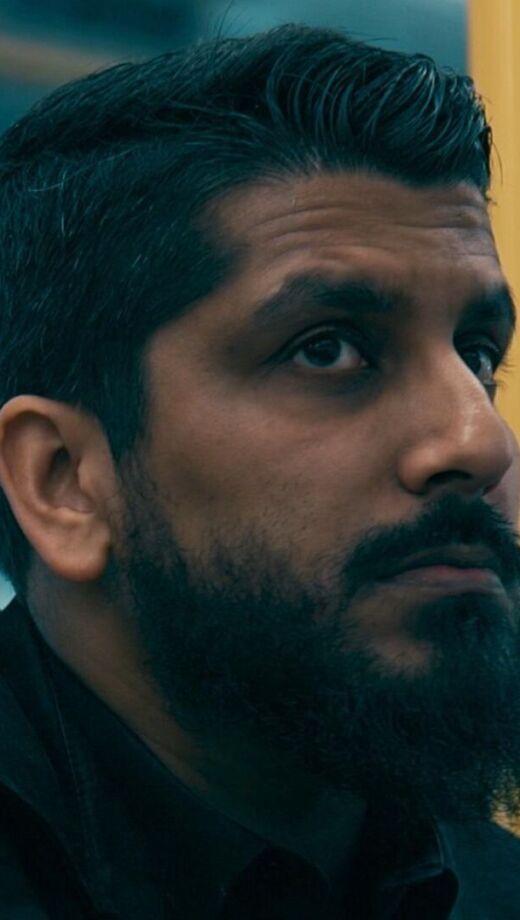Muhammad Rabbani
Privacy defender
On his way home from a research trip as part of his work for civil rights organisation CAGE, Muhammad Rabbani was stopped and questioned at the London airport. When he refused to give the passwords to his electronic devices, he was threatened with imprisonment.
Muhammad Rabbani was questioned under the UK Terrorism Act of 2000. Schedule 7 of this Act gives the authorities far-reaching powers to stop, search and hold people entering the United Kingdom. It isn’t just used to go after suspected terrorists. It became an instrument to target people working for human rights NGOs or working in fields that the authorities don’t approve of. For example, journalists revealing the massive scope of the UK’s and US’s surveillance programmes.
Muhammad Rabbani is Director of CAGE, an organisation working to investigate and raise awareness of human rights violations arising from the War on Terror. When he was held at the airport, he had just spent several days with Qatari national Ali Al-Marri. Suspected of being an ‘enemy combatant’, Al-Marri was tortured by US federal agents. Muhammad had evidence of this on his devices. ‘The information that I was in possession of, would implicate FBI agents in torture,’ he says. Were the UK authorities working on the behest of their American allies? ‘I would imagine that it was a deliberate stop,’ Muhammad says. ‘It was targeted. They wanted access to the devices.’
The documentary Phantom Parrot – named after the secret UK surveillance programme that targeted him – follows Muhammad Rabbani during his work for CAGE and the trial that was the result of him refusing to give his passwords. He endures it all with an admirable serenity and perseverance. As he tells a group of students in the documentary, he always acts out of compassion. ‘You need to act because you care for other people. Not because you have some ideology or some agenda or political interest. Forget all that. There are people and they need help.’
Phantom Parrot is shown at the Movies that Matter Festival 2024.
